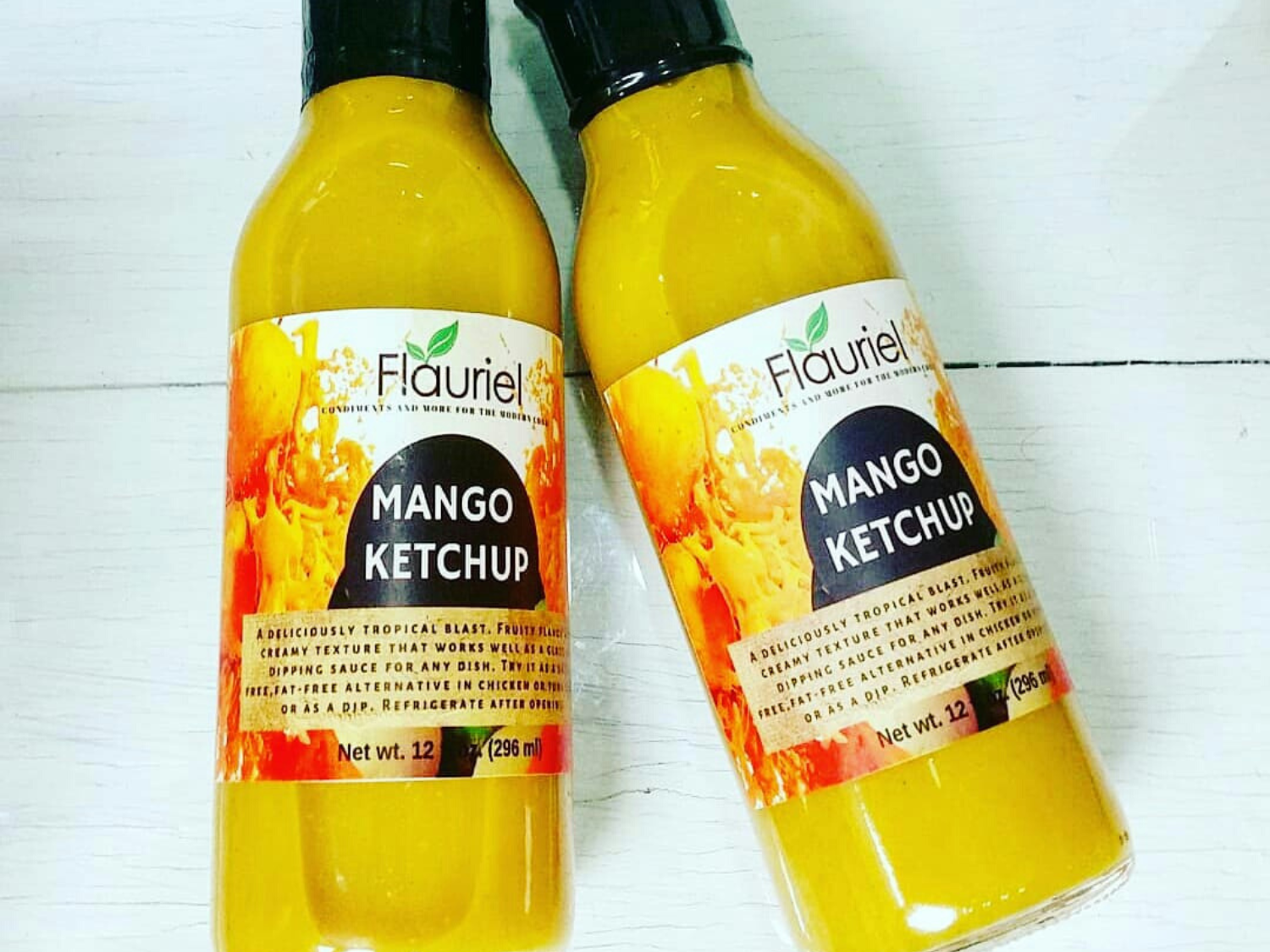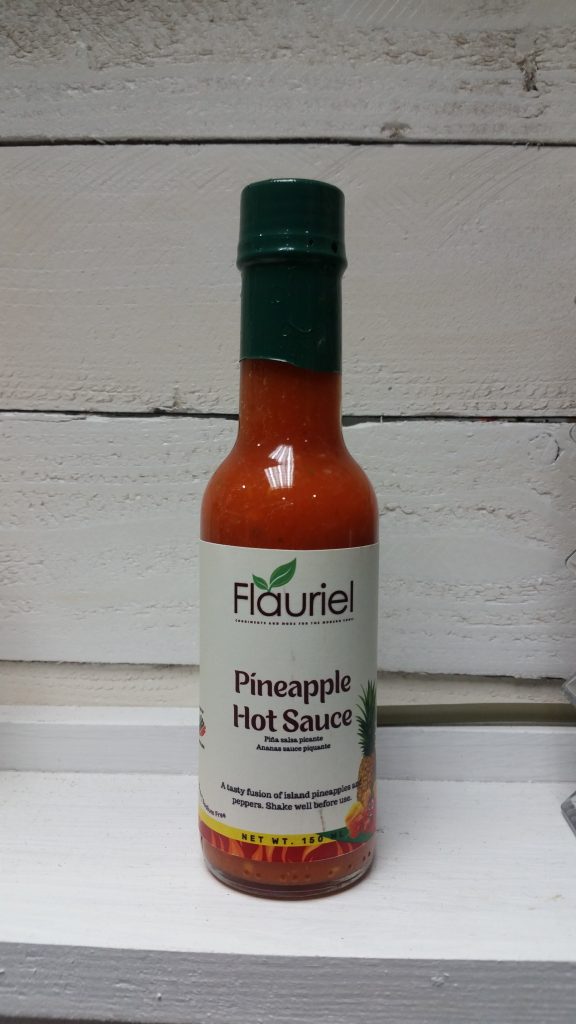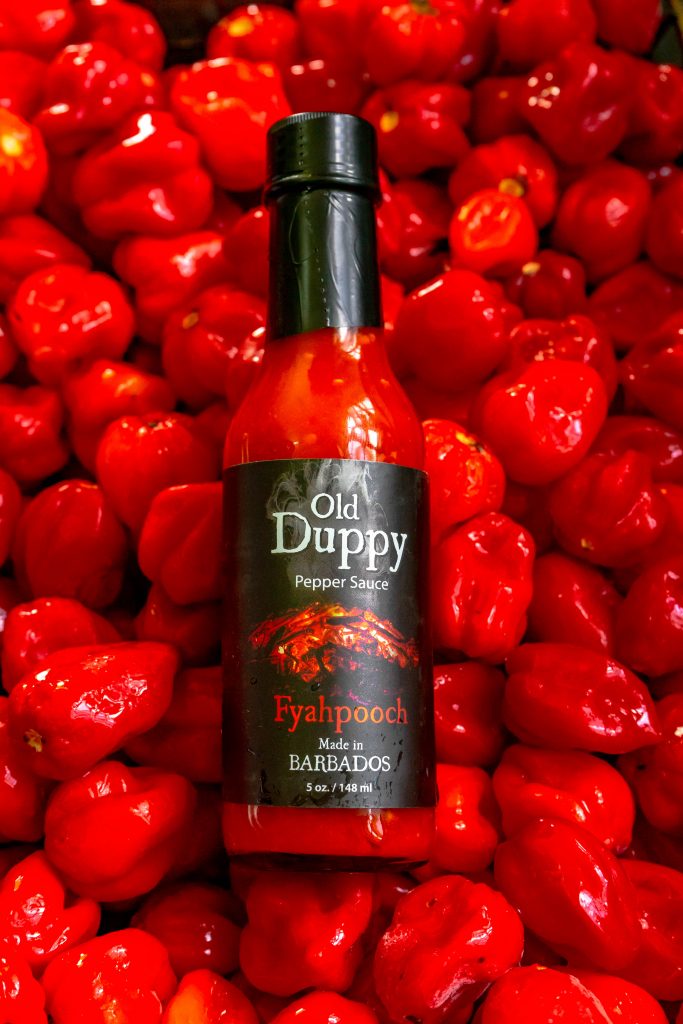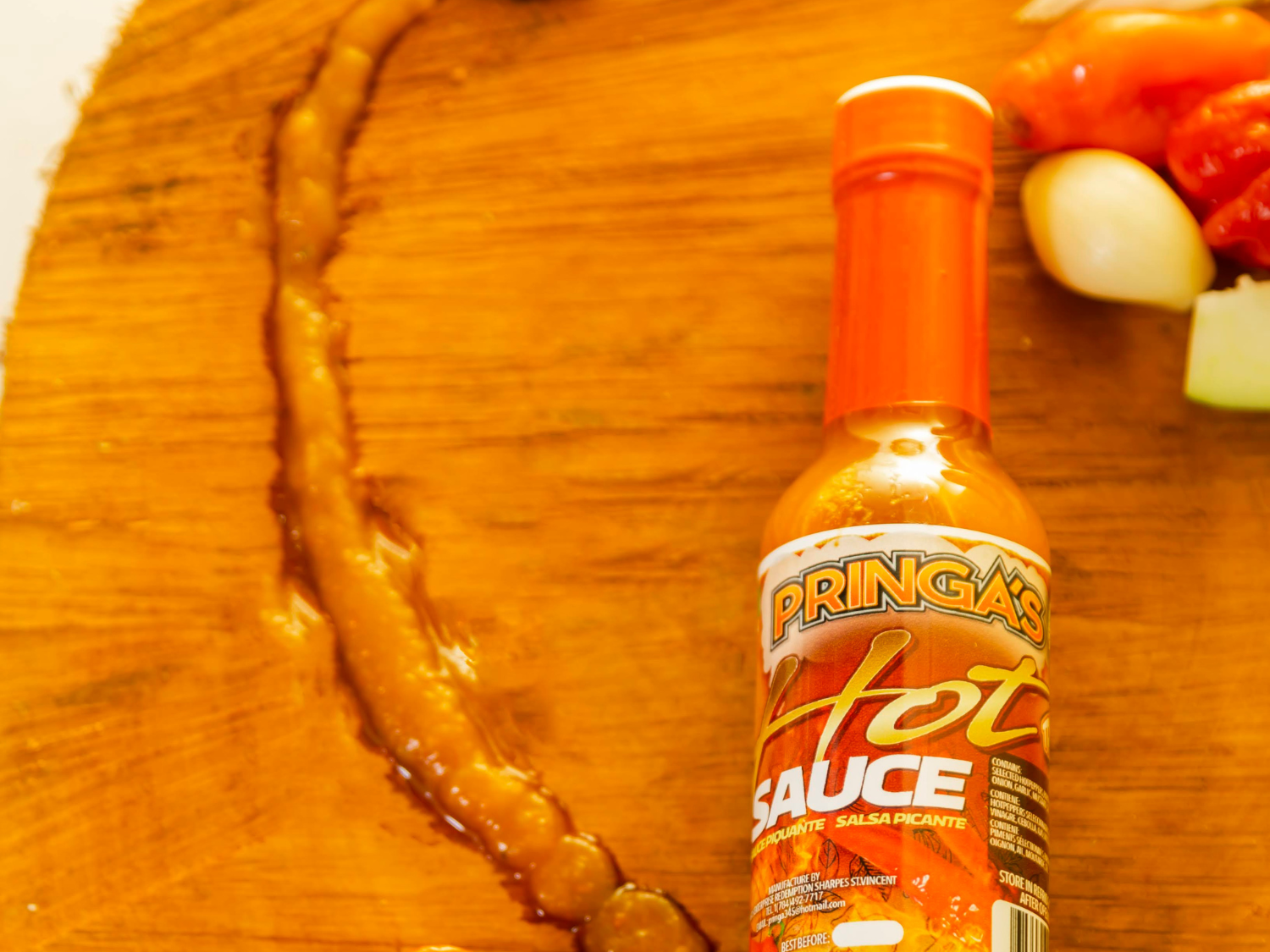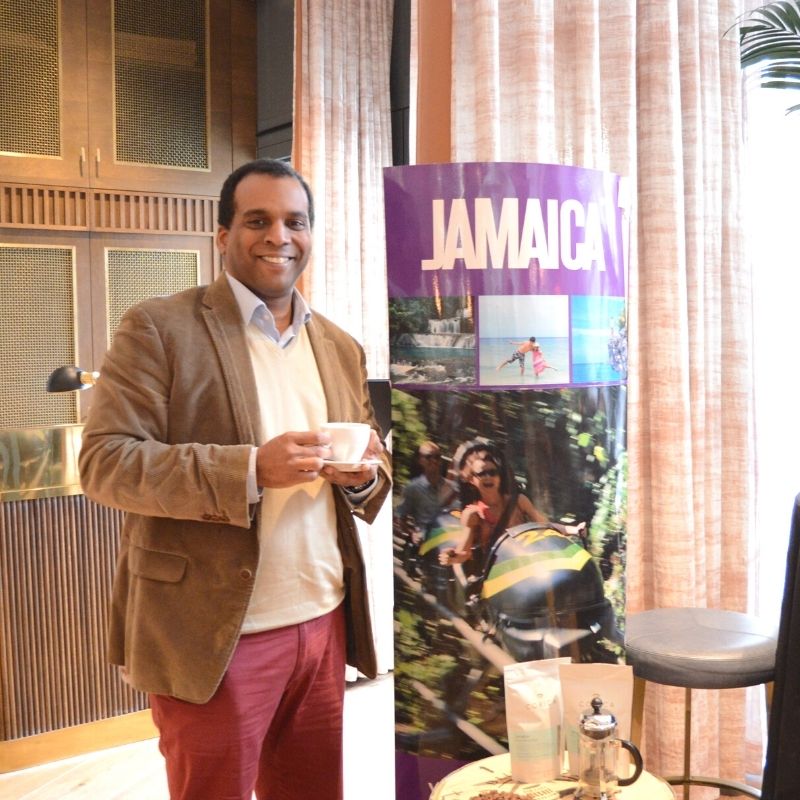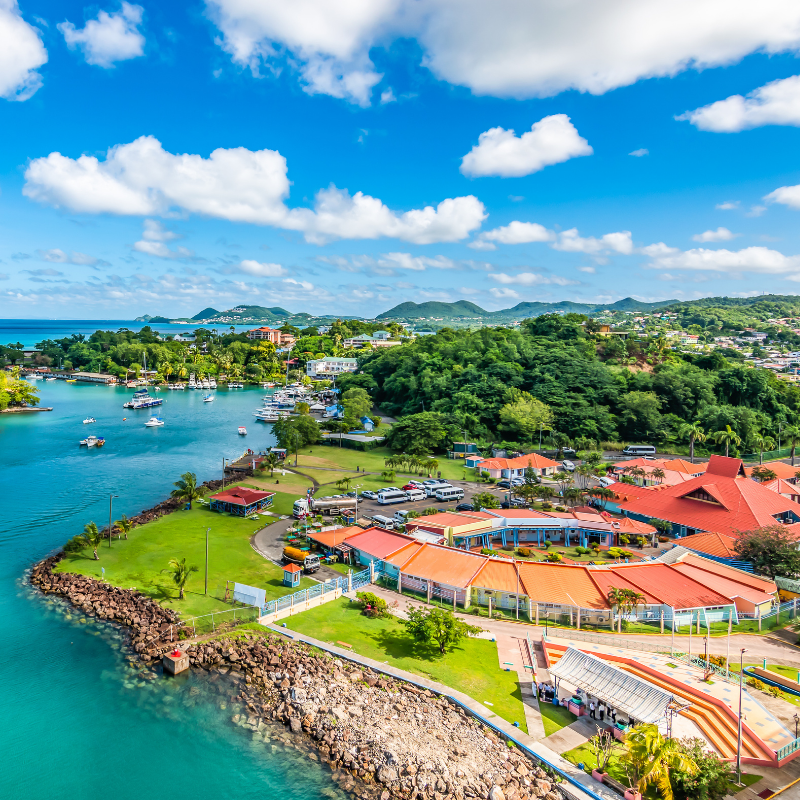Si alguna vez ha tomado un ron mientras se pone el sol en un chiringuito o junto a la piscina de un hotel, sabrá lo bien que sabe esta bebida servida con hielo y lo bien que evoca sensaciones de calma, calidez y relajación.
Originaria de Barbados a principios del siglo XVII, esta bebida espirituosa ha desempeñado un papel fundamental en la historia y la cultura de toda la región del Caribe. Pero ni siquiera los africanos esclavizados que la descubrieron fermentando la melaza de la caña de azúcar podían imaginar que la bebida que llamaban «kill-devil» (que más tarde se conoció como «rumbullion» o «rumbustion») acabaría siendo disfrutada en todo el mundo.
De hecho, el mercado mundial del ron se valoró en 11.260 millones de dólares en 2021 y se espera que se expanda a una tasa de crecimiento anual compuesta (CAGR) del 5,2% de 2022 a 2028, impulsada principalmente por la introducción de nuevos sabores y la creciente popularidad de los productos premium.
Los consumidores que exigen una experiencia única y auténtica con el ron se sentirán naturalmente atraídos por su hogar ancestral en el Caribe, donde los productores se han mantenido fieles a su tradición y herencia, al tiempo que han trabajado con sensibilidad para adaptar la bebida y garantizar que su atractivo siga atrayendo a las nuevas generaciones.
En SIAL París 2022, tres destiladores caribeños mostrarán su gama de productos de ron tradicionales y no tradicionales.
El grupo de empresas St Lucia Distillers, Chicharum SRL y J&J Spirits, SRL participan en la principal feria alimentaria del mundo, del 15 al 19 de octubre, con la ayuda de la Agencia de Desarrollo de las Exportaciones del Caribe y la Unión Europea.
SIAL París ofrece a estas marcas de ron la oportunidad de relacionarse con 310.000 minoristas, compradores e importadores de todo el mundo que buscan productos excepcionales que puedan captar y excitar la imaginación de sus clientes.
El grupo de empresas St Lucia Distillers (SLD Group) tiene más de 50 años de experiencia con el ron y fue dirigido inicialmente por la familia Barnard, que lleva casi un siglo como destiladora de ron.
Situada en la rica ciudad agrícola de Roseau, esta destilería boutique de ron utiliza alambiques de cobre para producir más de 25 rones y productos de ron de calidad, desde rones y licores de primera calidad hasta rones de vertido tradicionales.
Según su página web, el Grupo SLD «no tiene miedo de asumir riesgos y siempre es innovador», lo que le ha llevado a ganar varios premios, entre ellos la prestigiosa medalla de oro en el Concurso Internacional de Vinos y Espirituosos en 2012 por su emblemático ron premium Admiral Rodney.
El Grupo SLD también se centra en la responsabilidad corporativa y la sostenibilidad medioambiental. El agua de lluvia se recoge y se trata para su uso en la mezcla de rones, las turbinas de vapor hacen funcionar la planta de destilación, la caldera funciona principalmente con aceite residual recuperado y el vertido de efluentes de la destilería cumple las normas de la UE. El Grupo también ha concedido becas de estudios secundarios a niños de la comunidad local y al menos el 30% de sus trabajadores son de Santa Lucía.
Chicharon The World’s Cinnamon Rum » es producido en la República Dominicana por Chicharum SRL y se dirige específicamente a los millennials que se sienten atraídos por los rones especiados o aromatizados, especialmente para mezclarlos con cócteles.
Elaborado artesanalmente con ron añejo, canela y extractos de chile verde, «Chicharon The World’s Cinnamon Rum» es un producto original que marca tendencia, con un toque picante y aromático que lleva al ron a un nivel de sabor diferente. Todos los ingredientes son naturales y de origen local.
El marketing de Chicharon se inspira en la herencia española de la empresa e incorpora una conexión con las cortezas de cerdo o «Chicharrón», una popular comida frita para picar reconocida por la comunidad latina en todo el mundo, junto con la palabra española para ron – ron.
J&J Spirits, SRL es una empresa familiar pionera con sede en Santo Domingo, en la República Dominicana.
Esta empresa fabrica una gama de productos exóticos a base de ron, entre los que se encuentra su emblemático «Kalembú Mamajuana», listo para beber. Esta bebida tradicional fue elaborada originalmente por los indios taínos, que la utilizaban como una potente medicina a base de hierbas, y se consume ampliamente en toda la República Dominicana.
Mezcla de ron oscuro con vino tinto, miel, corteza de árbol, raíces y hierbas botánicas. Se cree que la Mamajuana ayuda a la digestión, la circulación y muchas otras dolencias.
J&J Spirits fue una de las primeras empresas en producir comercialmente Mamajuana y actualmente fabrica tres variedades: el Kalembú original, el ron Kalembú Café con granos de café y el ron Kalembú Guavaberry.
La versión de J&J de la Mamajuana ha sido acogida por el mercado mundial de bebidas y actualmente se distribuye en Estados Unidos, varias islas del Caribe, Chile, Perú, Alemania y China.
Aunque el ron es sinónimo de Caribe, la región también cuenta con algunos productores de vino galardonados, entre ellos V’Toria Rhonda Vineyard & Winery, con sede en Trinidad, que también expone en SIAL París 2022.
Creada en 2012 por la enóloga Nekeisha Charles, esta marca elabora vinos innovadores y de primera calidad a partir de frutas tropicales exóticas mezcladas con variedades de uva.
V’Toria Rhonda Vineyard & Winery ofrece actualmente seis vinos sin añada elaborados con ingredientes locales; Love Affair con acedera y Concord, True Passion de fruta de la pasión y Sauvignon Blanc, Just Perception de granada y Zinfandel, Pure Diamond de arroz y Riesling, Remember Me que es de naranja y Muscat, y Discover de pomelo y Merlot.
En enero de 2020, la bodega estableció un viñedo de maracuyá, el primero de este tipo en el Caribe, y la Sra. Charles también se ha diversificado en la fabricación de jalea de vino y planea añadir barras de vino de chocolate a su lista de productos.
La Sra. Charles bautizó su marca en honor a su abuela, Victoria Richardson Harper, y sus iniciales manuscritas, extraídas de una antigua carta que firmaba «VR», pueden verse impresas con orgullo en la etiqueta de cada botella, ofreciéndoles su sello personal de aprobación.



